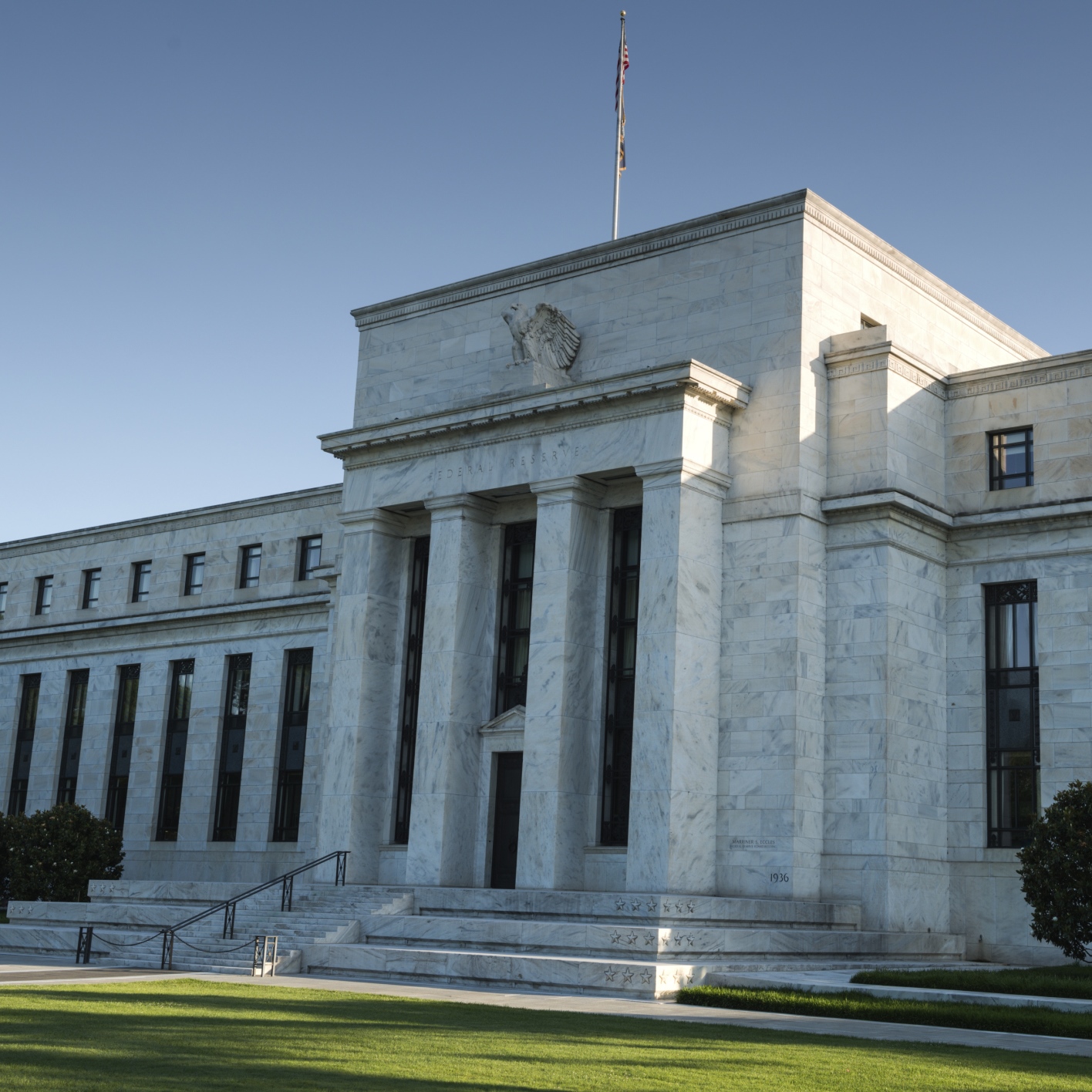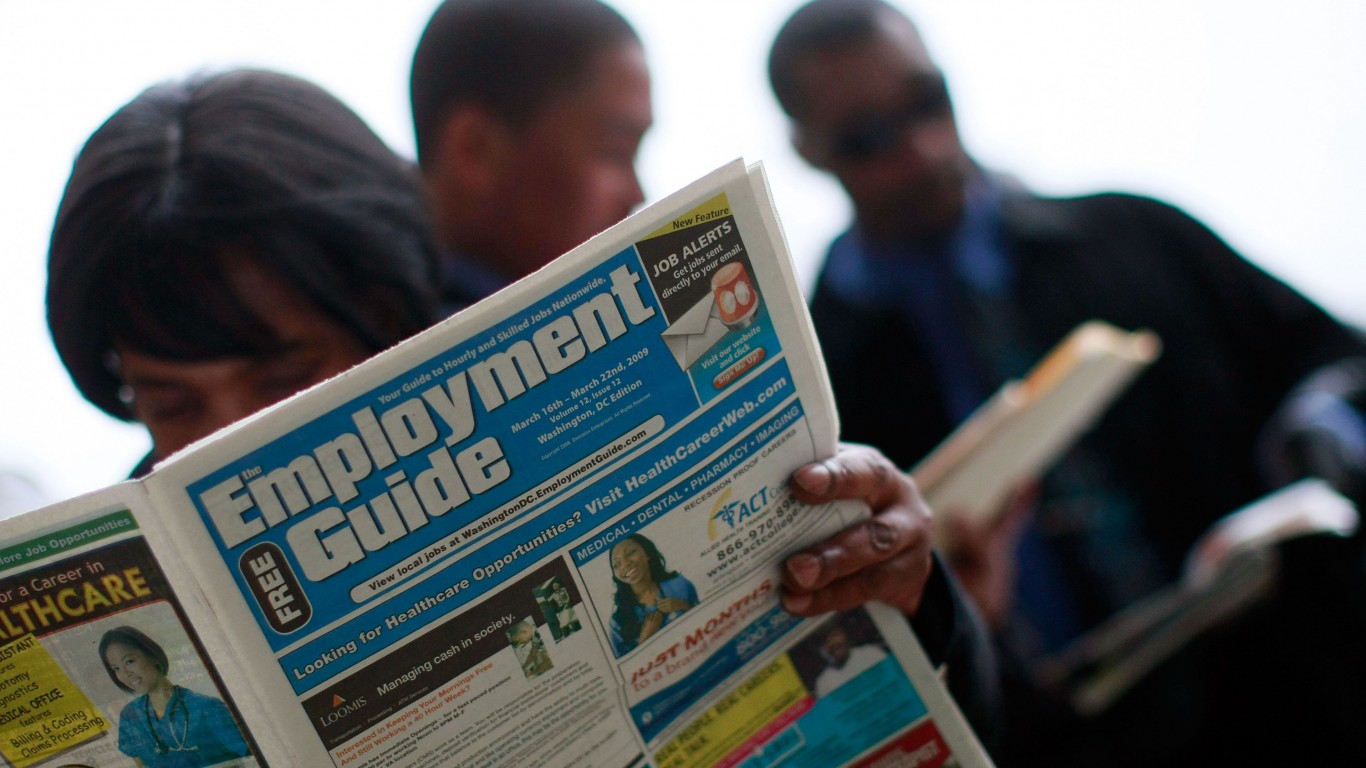
Tuesday will mark the first day of the two-day Federal Open Market Committee (FOMC) meeting held at the Federal Reserve. This year started out with most Fed presidents continuing to talk about rate hikes, without a care in the world that they were talking down the markets. Investors have to be wondering how the Fed’s talking heads feel about rate hikes now that about $2 trillion in U.S. stock market wealth has been wiped off the map.
On top of expectations being more muted, and on top of slowing growth views around the globe, January of 2016 is turning out to be the worst month since February 2009 — right before that V-bottom in March of 2009. Despite oil and despite a slowing growth story for China and the rest of the emerging market world, the consensus reading is that there just doesn’t seem to be a global financial meltdown like the financial crisis of 2008 and 2009.
Investors need to consider that the Fed presidents and the FOMC have communicated a gradual rise in interest rates. It was not promised to be a series of “let’s hike every third meeting and see how it goes,” but that is sort of how the market was trying to price in rate hikes.
As of Monday, January 25, 2016, it does not seem that the Fed is expected to raise rates this week. Some Fed officials have questioned whether raising rates was appropriate, but most Fed presidents are sticking by the gradual rate hike theme for 2016 (and hopefully beyond).
The discussions at this week’s FOMC meeting almost have to have taken a turn for the more cautious, versus how the Fed presidents felt around Christmas and the first week of 2016. The Fed is not entirely focused on the stock market, but it isn’t likely wanting to create the next meltdown.
It seems inevitable that the Fed will be unable to ignore the continuing slowdown in China or the guiding down of global weakness, weak energy prices and weak commodity prices. That being said, it also probably won’t be able to ignore that the 10-year dip back under a 2% yield.
And the flip side of the equation is that the FOMC seems content raising interest rates into a dullsville economy. The consensus is that even getting fed funds back up to 1.00% would remain very accommodative. It is obvious that the Fed presidents talking up rates are trying to build up an ammunition test for normal monetary policy if things get worse, meaning easing interest rates rather than creatively printing money and buying securities.
2016 seems to be another year in which we hear about the Fed being data-dependent over an expectations-driven Fed stance. That being said, this was the first rate hike for just about all Fed presidents, and that leaves us in uncharted economic waters.
Even if the Fed is eager to make its second rate hike, the fed funds futures does not signal a 100% chance of the fed funds rate rising to a 0.50% to 0.75% range until July with a 100% certainty.
Credit Card Companies Are Doing Something Nuts
Credit card companies are at war. The biggest issuers are handing out free rewards and benefits to win the best customers.
It’s possible to find cards paying unlimited 1.5%, 2%, and even more today. That’s free money for qualified borrowers, and the type of thing that would be crazy to pass up. Those rewards can add up to thousands of dollars every year in free money, and include other benefits as well.
We’ve assembled some of the best credit cards for users today. Don’t miss these offers because they won’t be this good forever.
Flywheel Publishing has partnered with CardRatings for our coverage of credit card products. Flywheel Publishing and CardRatings may receive a commission from card issuers.
Thank you for reading! Have some feedback for us?
Contact the 24/7 Wall St. editorial team.


